Home Buying Tips 2025: What’s REALLY Changing with Buyer Agent Compensation?
When it comes to navigating the real estate market, understanding the latest changes in buyer agent compensation is crucial—especially as we head into 2025. If you’re thinking about buying a home soon, these changes could impact how you work with your agent, how offers are structured, and ultimately how much you pay. In this comprehensive guide, I’ll walk you through the significant shifts happening after August 2024, what they mean for buyers and sellers, and how you can adapt your home buying strategy to stay ahead.
I'm Graeham Watts, a local real estate expert, and I’ve seen firsthand how these new rules are reshaping the home buying process. This article is packed with insights and practical advice to help you make informed decisions in this evolving landscape. Let’s dive in.
🔍 Understanding the New Rules Around Buyer Agent Compensation
Starting in August 2024, the rules governing how buyer agents are compensated have undergone a fundamental shift. One of the biggest changes is that buyers must now sign a written agreement with their buyer’s agent before they can even start seeing homes. This wasn’t mandatory before—previously, signing such an agreement was optional. This written agreement clearly outlines how the agent will be paid, adding a layer of transparency and accountability to the buyer-agent relationship.
Another major change is how the buyer agent’s fee is handled in the offer process. Previously, the compensation for the buyer’s agent was often predetermined by the listing agent and the seller through a field on the MLS (Multiple Listing Service). However, this field is being completely removed from the MLS as of August 2024. Instead, the buyer’s agent compensation is now included directly within the offer submitted by the buyer.
This new system is designed to promote transparency. Buyers and sellers alike have a clearer picture of how much the buyer’s agent will be paid, and it removes some of the ambiguity that existed before.
💡 What Does This Mean for Buyers?
From a buyer’s perspective, these changes bring both clarity and new considerations.
- Written Agreement Required: Before viewing any homes, you’ll need to sign a buyer representation agreement with your agent. This document spells out how your agent will be compensated.
- Buyer Agent Fee Included in Offers: When you submit an offer, the buyer agent’s fee will be explicitly written into the offer price. This means the compensation is negotiated and agreed upon upfront, rather than being a fixed amount set by the seller or listing agent.
- More Control and Transparency: Because the fee is part of the offer, buyers can better understand the breakdown of costs involved in their home purchase.
However, this also means that buyers need to be more aware of how the buyer agent compensation affects the overall offer price and the potential impact on their financing and appraisal process. More on that shortly.

🏠 How Sellers Are Affected by These Changes
Sellers often ask me, “Do I have to pay the buyer agent’s commission now?” The answer is nuanced but important.
Even before these changes, sellers never had to pay buyer agent compensation if they didn’t want to. The MLS field that indicated the buyer agent’s fee could be set to zero or omitted entirely. So technically, the seller’s obligation to pay buyer agent compensation has not changed.
However, the real-world mechanics of the market make it unlikely that sellers can avoid paying it without consequences. Here’s why:
- Buyers Want Representation: Most buyers want an agent to represent them in what is often the largest financial transaction of their lives.
- Buyers Can’t Always Pay Agent Fees Out-of-Pocket: Many buyers cannot afford to add a separate agent fee on top of their down payment and closing costs.
- Incorporating Buyer Agent Fees Into the Offer Price: If a seller refuses to pay buyer agent compensation, buyers may respond by increasing their offer price to cover the agent’s fee themselves.
This means sellers who try to avoid paying buyer agent commissions might find that buyers simply raise their offer prices to cover those fees, which could lead to complications with appraisals and financing.

💸 The Mechanics of Buyer Agent Compensation: What’s Changed and What Hasn’t?
To put it simply, the mechanics of how buyer agent compensation is handled have changed, but the math behind it largely remains the same.
Let me give you an example to clarify:
Imagine a neighborhood where most homes have recently sold for around $2 million. This $2 million price includes the buyer agent’s compensation, baked into the market price.
Now, suppose you’re a seller who insists on receiving exactly $2 million and refuses to pay the buyer agent compensation. What happens?
- You’re effectively asking buyers to submit offers higher than $2 million to cover the buyer agent’s fee on top of your $2 million expectation.
- Buyers who agree to this will have to offer more than comparable homes in the neighborhood have sold for.
- This can cause appraisal challenges, as lenders will send their own appraiser to verify the home’s value.
- If the appraisal comes in lower than the offer price, buyers may have difficulty securing financing for the higher amount.
So, while the process of including buyer agent fees in the offer has shifted to being more explicit and transparent, the economic realities remain consistent. Buyers and sellers must still negotiate and account for these fees within the overall purchase price.
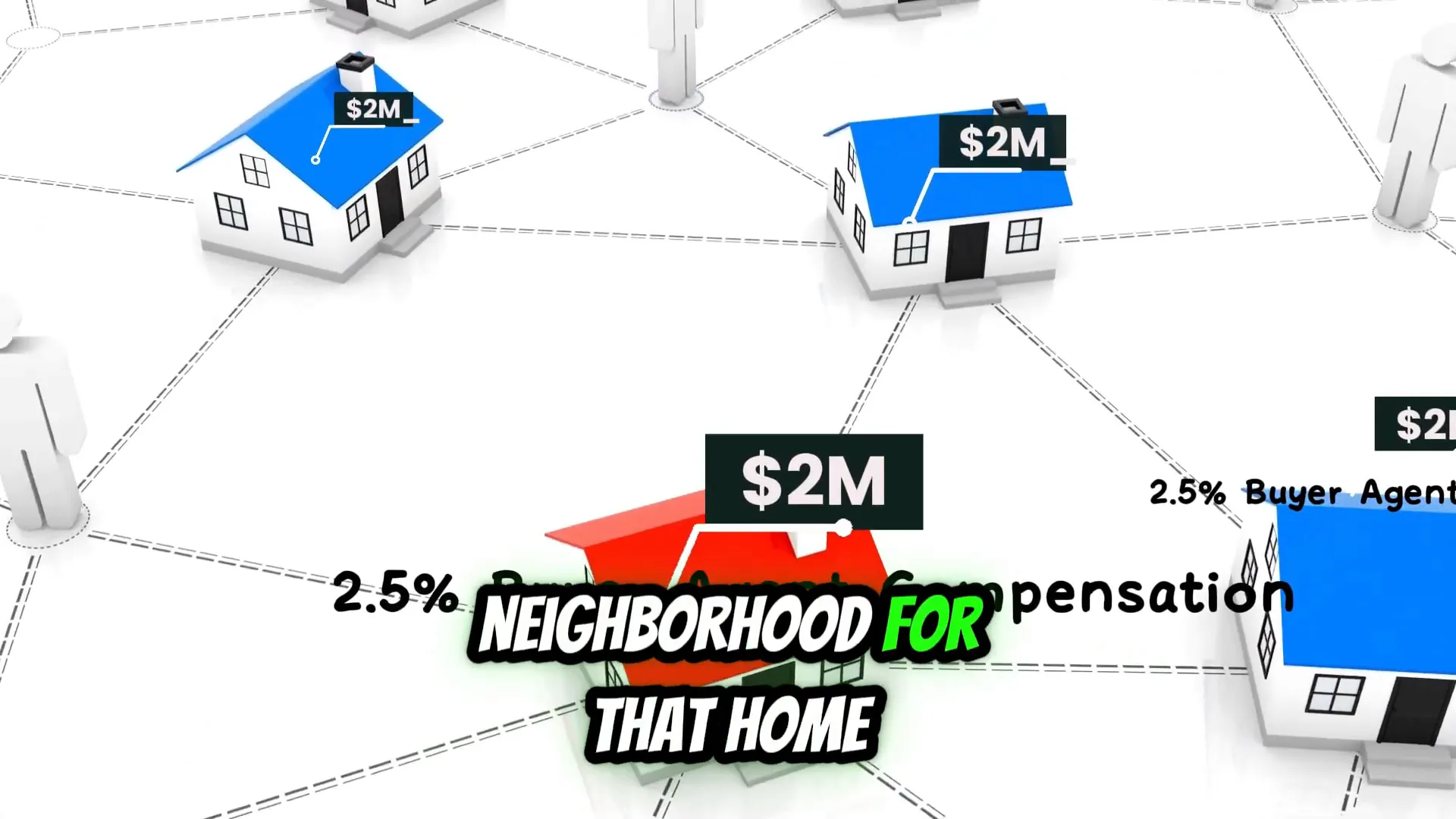
🔧 Navigating Appraisal Challenges with New Buyer Agent Compensation Rules
One of the practical challenges buyers and sellers face with these changes is the potential for appraisal issues. When buyer agent compensation is factored into the offer price, especially if the seller is unwilling to pay the commission, appraisals can become a sticking point.
Here's why:
- Lenders require an appraisal to ensure the home’s value supports the loan amount.
- If the offer price is artificially inflated to cover the buyer agent’s fee, the appraisal might come in below the offer price.
- This creates a gap that buyers need to cover out-of-pocket, renegotiate, or risk losing financing.
Buyers and sellers should work closely with their agents to understand how to price offers realistically, considering buyer agent fees, market comps, and appraisal expectations.
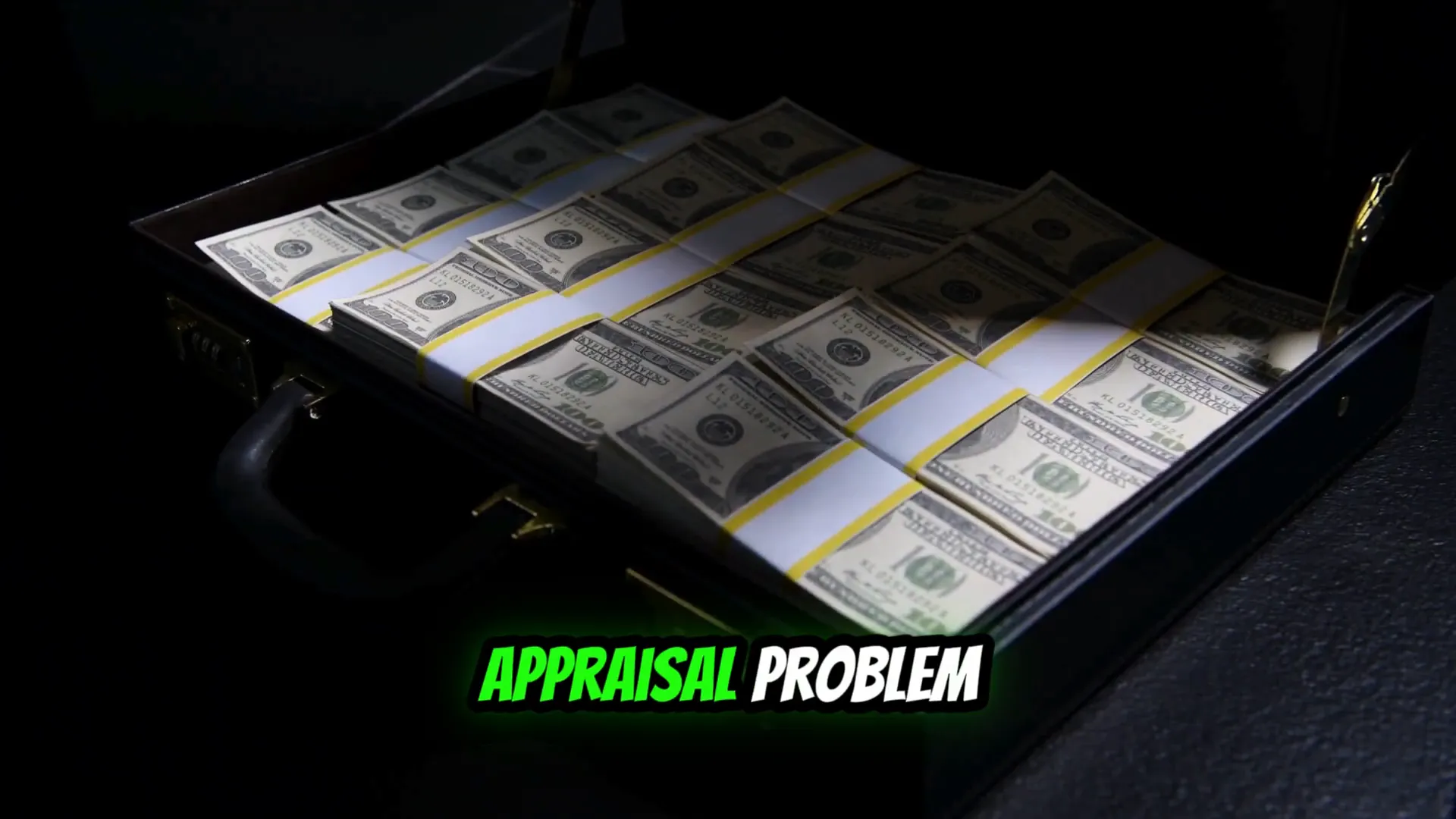
📋 What Buyers Should Do Before Making an Offer
Given these changes, buyers should take the following steps before submitting an offer:
- Sign a Buyer Representation Agreement: This is now mandatory and outlines how your agent will be compensated.
- Understand Buyer Agent Fees: Know that your offer will include your agent’s fee as part of the overall price.
- Consult Your Agent About Pricing: Discuss how to factor buyer agent compensation into your offer price smartly, balancing competitiveness with appraisal considerations.
- Be Prepared for Appraisal Outcomes: Know what you’re willing and able to do if an appraisal comes in lower than your offer.
By being proactive and informed, buyers can avoid surprises and make offers that stand the best chance of success.

🤝 How Sellers Can Adapt to the New Compensation Landscape
Sellers can also take steps to navigate these changes effectively:
- Understand That Buyer Agent Compensation Is Still a Market Expectation: Even if you don’t want to pay it, buyers will likely factor it into their offers.
- Be Open to Negotiation: Flexibility on buyer agent commissions can help attract more buyers and avoid appraisal issues.
- Work With Your Listing Agent to Price Realistically: Ensure your listing price reflects the market norms, including typical buyer agent fees.
- Communicate Clearly With Buyers: Transparency about how commissions are handled can prevent confusion and lost deals.
In today’s market, cooperation and understanding between buyers and sellers are more important than ever.

🌟 Final Thoughts: The Big Picture on Buyer Agent Compensation Changes
The shift in buyer agent compensation rules starting August 2024 is a move toward greater transparency and clarity in the home buying process. Buyers now have to sign agreements upfront, and compensation is embedded within the offer itself rather than predetermined by sellers or listing agents.
While this changes the mechanics of the process, the underlying economics remain largely the same. Buyers still want representation but often cannot afford to pay separately for it. Sellers, meanwhile, must recognize that buyer agent fees are part of the overall market pricing and plan accordingly.
Understanding these dynamics will help both buyers and sellers navigate offers, appraisals, and negotiations more smoothly in 2025 and beyond.
❓ Frequently Asked Questions (FAQ) About Buyer Agent Compensation Changes
Q1: Do buyers have to pay their agent directly now?
No, buyers do not typically pay their agent out-of-pocket directly. Instead, buyer agent compensation is built into the offer price and negotiated as part of the purchase agreement. This means sellers often pay the buyer agent commission, but buyers may factor that cost into their offer price.
Q2: Can buyers still choose not to use a buyer’s agent?
Yes, buyers can still choose to proceed without an agent, but it’s generally not recommended since buying a home is a complex process and having expert representation is invaluable.
Q3: What happens if the appraisal comes in lower than the offer price including the buyer agent fee?
If the appraisal is lower, buyers may need to renegotiate the price, increase their down payment, or risk losing financing. It’s important to price offers realistically to avoid this situation.
Q4: Are sellers required to pay buyer agent commissions under the new rules?
No, sellers are not legally required to pay buyer agent commissions. However, refusing to do so could deter buyers or cause buyers to increase their offer price to cover the agent’s fee, complicating the sale.
Q5: How can buyers and sellers ensure clear communication about agent fees?
Buyers should carefully review and sign buyer representation agreements, and sellers should work with their listing agents to clearly state commission arrangements. Open communication helps prevent misunderstandings and smooths the transaction.
📞 Need More Home Buying Tips? Reach Out!
If you’re thinking about making a move and want to understand how these buyer agent compensation changes affect your situation, don’t hesitate to reach out. Whether you’re buying or selling, I’m here to help answer your questions and guide you through the process with confidence.
Feel free to DM me or give me a call. Let’s make your next real estate transaction a success!
Categories
- All Blogs (314)
- Client Testimonials (19)
- East Palo Alto (81)
- Graeham Watts Home Tours (23)
- Home Buyer's Process (34)
- Home Tours (28)
- Houses for sale in East Palo Alto (13)
- Investing (18)
- Landlord and Tenant Info (9)
- Menlo Park (49)
- Personal (5)
- Real Estate Questions Answered (91)
- Real Estate Tips (86)
- Redwood City (85)
- San Mateo County (10)
- Seller's Process (22)
Recent Posts



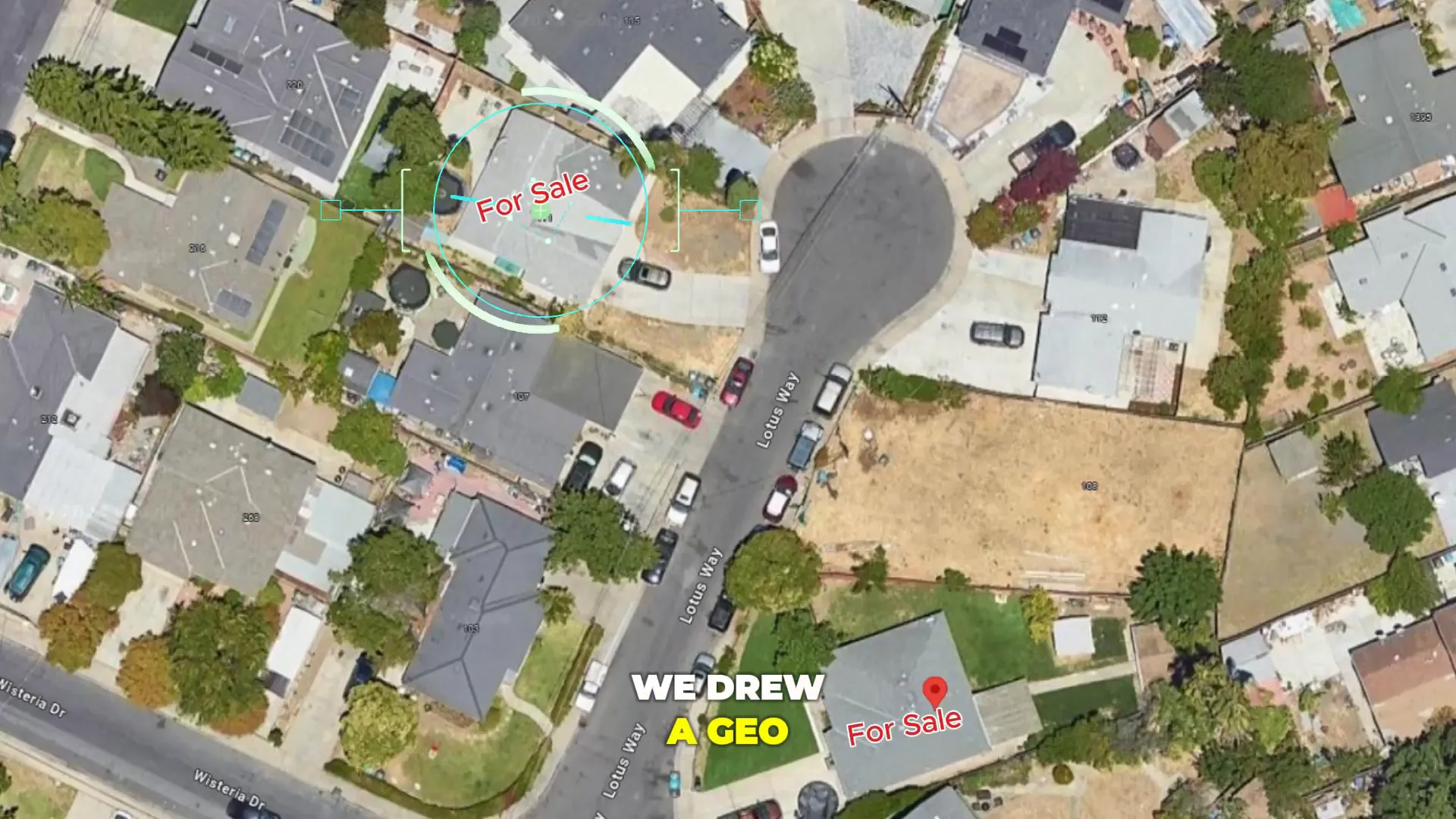




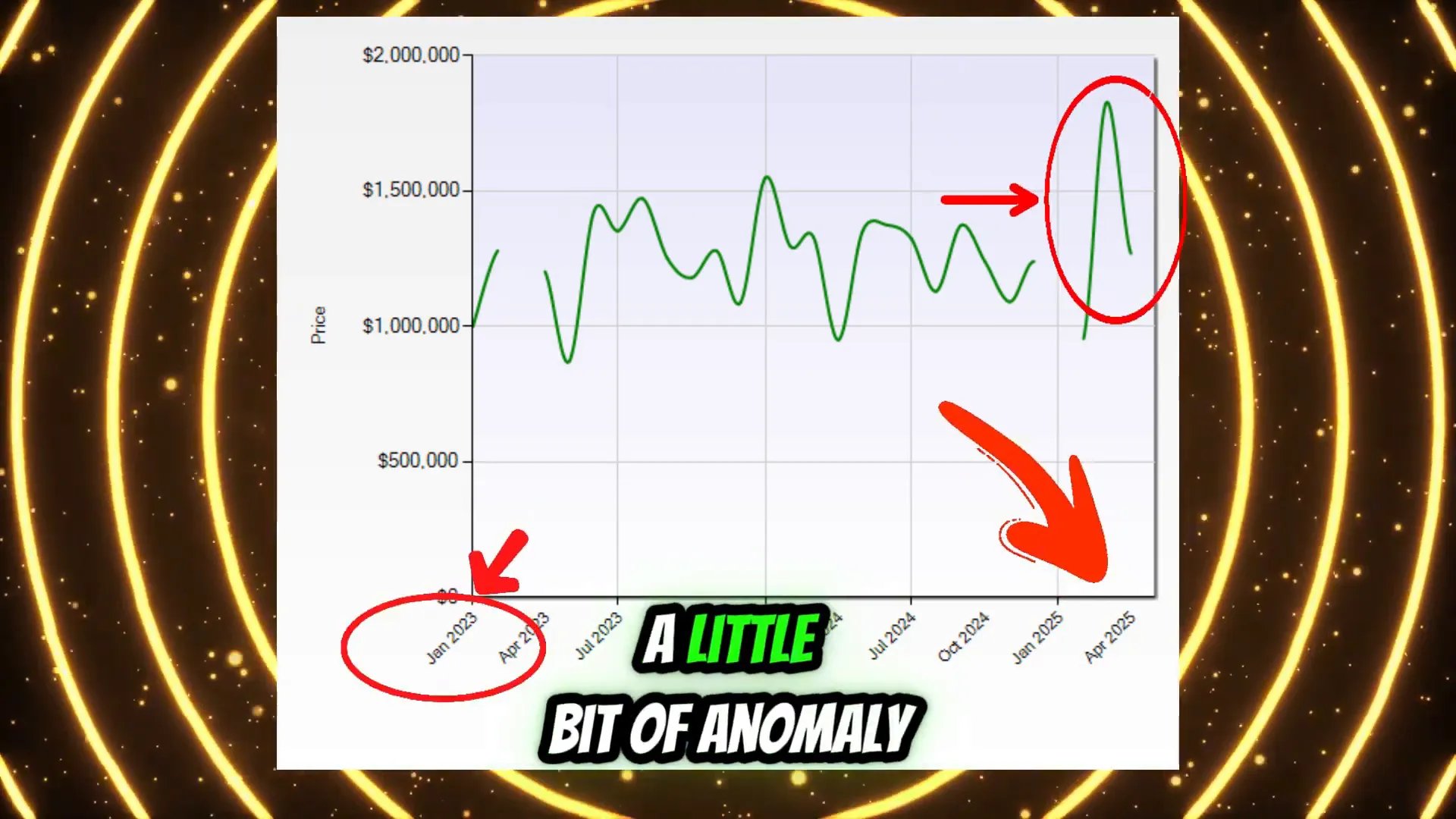
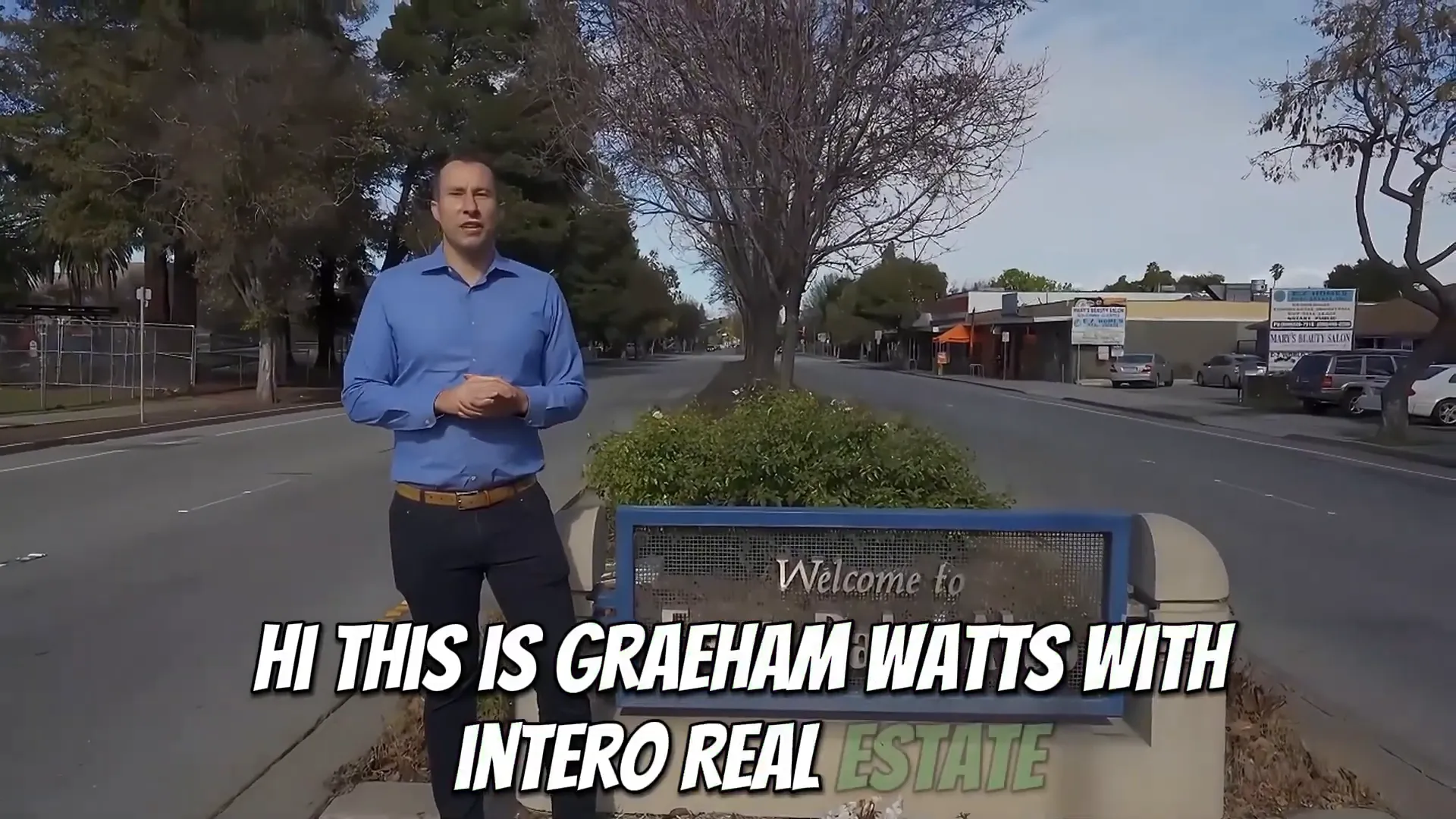
GET MORE INFORMATION

